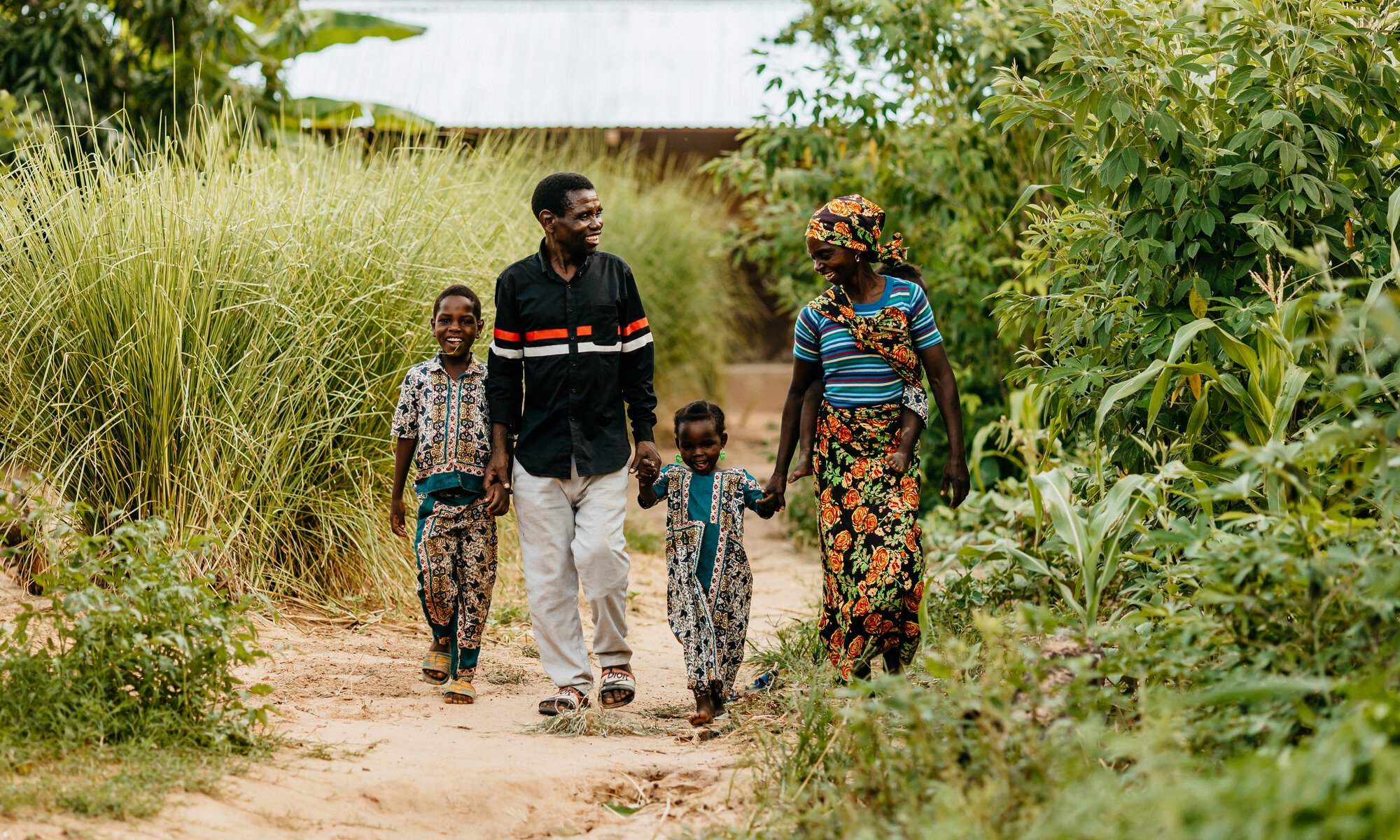FHi360
How can we build effective teacher coaching systems in remote contexts?
Overview
Location
Nigeria
FNL Focus
Literacy & Numeracy
Grades
P1 - P3
The Partnership for Learning for All in Nigeria (PLANE) is a 7-year Education Programme (2021-2028) funded by FCDO. PLANE works to strengthen education systems in Nigeria and improve foundational literacy and numeracy (FLN) outcomes across three northern states. PLANE collaborates with federal, state, and local government partners to institutionalize evidence-based approaches to FLN instruction. To date, we have reached over 400,000 pupils in Grades 1-3 in 2,000 schools. By 2028, PLANE will expand to Grade 6, reaching 1.5 million learners. With Nigerian government officials, PLANE is exploring opportunities to scale further.
The PLANE model recognizes that enriched classroom environments foster FLN outcomes.
PLANE relies on two direct pathways to achieve this end:
a) develop and distribute inclusive teaching and learning materials aligned with international best practices and local standards and b) improve teacher content knowledge and pedagogy.
In line with global evidence on teacher professional development, PLANE supplements its teacher trainings with regular coaching. PLANE relies on existing government actors, School Support Officers (SSOs), as coaches. PLANE builds SSO capacity to observe lessons, coach teachers, and track progress. Our impact evaluation suggests this model is effective: PLANE schools show stronger FLN outcomes relative to control schools, especially in literacy among low-SES pupils and in numeracy among girls.
Implementation research
Although our evaluation signals early success, we have observed challenges, particularly with the frequency and quality of coaching. Because of insufficient evidence on how to cultivate a robust coaching system in low-resource contexts, we would like to leverage uBoraBora to explore this question: What variations to the coaching model (i.e. content, dosage, and delivery) would enable more productive and responsive teacher coaching?
We plan to survey a representative sample of head teachers and education actors using PLANE's digital platforms, complemented by in-depth qualitative interviews and observations at schools. This will allow us to understand systemic challenges and opportunities for coaching and gather feedback on coaches' and teachers' experiences and needs. Our Nigeria-based PLANE team, along with FHI 360 HQ staff, is adept at co-designing tools, leveraging government relationships, guiding enumerator consultants, and interpreting findings.
We welcome collaboration with uBoraBora to workshop our research design and maximize its potential. The proposed research question emphasizes readily adaptable variations of the coaching model, and PLANE is well-positioned to use these research findings in implementation. PLANE’s 2028 closing date offers ample time to adapt the coaching approach. This research will inform the sector more broadly. Within Nigeria, PLANE is committed to delivering high-quality evidence around implementation, and we regularly share findings with government and sector partners. In addition, FHI 360 has an established record of publishing research from its interventions, including on coaching in Nigeria. Given that coaching is an important part of many FLN interventions, our work promises valuable insights for educators and funders alike.
Emily Koester, Literacy Technical Advisor
“We're looking across the system to see how we can support sustainable systemic improvements in education. There are many different challenges with the coaching system, as it exists now at the systems level, but also in the coach to teacher level.
We're hoping to start off with a bit of qualitative research and some larger scale surveys to help us narrow down some possible variations to the coaching system, and then, later on in the year, test out a couple of variations to see what might work.”
PLANE program
Related to FHi360
Resource
BORA cards: 56 cards designed to guide your implementation research
Blog
Going Beyond "What Works" in Implementation Research: Understanding the "How" & "Why
External link
Read more about FHi360 on their website
Blog
uBoraBora Portfolio: Improved learning outcomes through targeted tweaks










